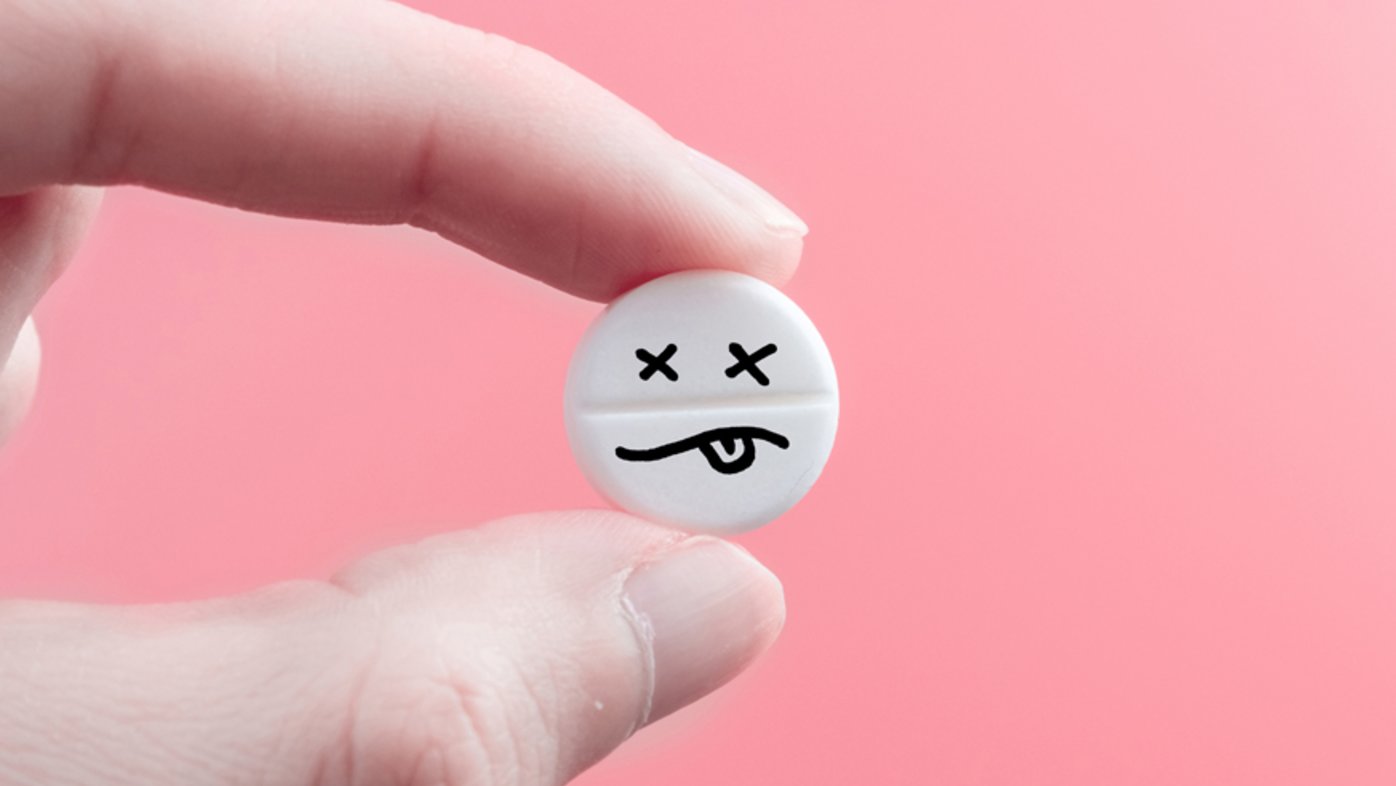
5 things to know about fentanyl
The rise in risky fentanyl use and fentanyl-related overdose in adults — and children — may be due to its easy access and abundant availability.
Can you recall a time when worrying benefited you?
We all worry, and that’s OK. It’s fine to be aware and concerned about the welfare of others, yourself and the world in general. But constant worrying can drain us of joy, impact our emotions and even affect our health— sometimes leading to depression and anxiety.
Worry is related to needing to feel in control of things. It can also be perceived as being prepared. For instance, you may think to yourself, “If I think about the worst-case scenario, then I will be prepared for it when it happens.”
The problem with this type of thinking is that it leads to an expectation that bad things will happen, which can negatively affect your health. Worrying can lead to higher levels of stress hormones called cortisol and adrenaline, which can increase anxiety.
“If we continue to go down the worry rabbit hole, we also begin to lose sleep,” says Mary Heineke, a licensed marriage and family therapist at Sharp Grossmont Hospital for Behavioral Health.
“Rumination can set in, as well as overeating, drinking too much and feeling more fearful than safe. These are all signs of clinical anxiety.”
Start by letting go
Trying to go “cold turkey” to turn off a worrying mind isn’t easy. It takes time, intention and practice.
“Start by looking at the control you do have in life,” says Heineke. “You may feel that you do not have much that you are in control of. But actually, we have a lot of control over ourselves, which includes how we think about our life in general.”
Heineke suggests that you imagine holding a hula hoop and looking through the opening. “If you were to stand in the middle and reach your arms out around the circle, you can see the extent of the area of life you actually have control over,” she says. “On the other side of that hula hoop is everything else.”
Recognizing our need for control and its role in our life is the first step toward moving away from worry and becoming more open to change, Heineke says. She suggests practicing radical acceptance, which is the ability to accept situations that are outside of our control without judging them. This can help reduce suffering caused by the situation.
“Radical acceptance is a tool to help find peace in a world we have little control, or even influence, over,” says Heineke. “Radical acceptance is not liking or appreciating what's happening. Rather, it is understanding and accepting the reality of a situation we have no control over. To have more peace and joy in life, consider letting go of the need to have control outside your hula hoop.”
Finding joy
According to Heineke, it’s important to find nuggets of joy in your life, no matter the circumstances. To reduce the amount you worry, she recommends the following:
“Learning to let go of worry will take time and self-compassion,” says Heineke. “There is no magic potion or pill to worry less. By practicing some of these tips, you will start your way to a worry-less journey and a life filled with more joy, confidence and hope.”
Learn more about mental health; get the latest health and wellness news, trends and patient stories from Sharp Health News; and subscribe to our weekly newsletter by clicking the "Sign up" link below.
Our weekly email brings you the latest health tips, recipes and stories.